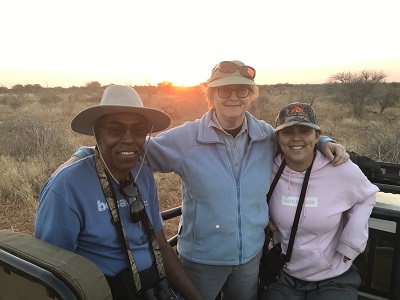 On June 13, 2014, I posted my first blog in obedience to what I felt God was calling me to do. It had to be God because this is not something that I was able to do in my own strength – nor did I particularly want to write a blog! This is especially true in my case; I am dyslexic, and I never attended high school. I did not go to school from the ages 11-21. Writing was a nearly impossible challenge for me. However, in obedience I took on the challenge and for six years and three months, posted a weekly blog up until the end of 2018. In January 2019, I began an assignment as a missionary in South Africa with the Church of the Nazarene, so I posted every other week.
On June 13, 2014, I posted my first blog in obedience to what I felt God was calling me to do. It had to be God because this is not something that I was able to do in my own strength – nor did I particularly want to write a blog! This is especially true in my case; I am dyslexic, and I never attended high school. I did not go to school from the ages 11-21. Writing was a nearly impossible challenge for me. However, in obedience I took on the challenge and for six years and three months, posted a weekly blog up until the end of 2018. In January 2019, I began an assignment as a missionary in South Africa with the Church of the Nazarene, so I posted every other week.
God used many people to enable me to continue this blog over the years. I will be remiss if I do not acknowledge some of the main supporters.








